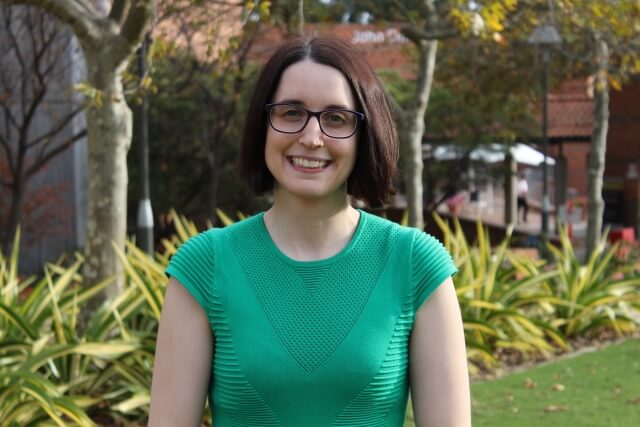
A Curtin University doctor was last week recognised as one of the top-five under-40-year-old researchers in Australia for her studies into genital-altering cosmetic surgery.
Dr Gemma Sharp works at Curtin as a tutor in the School of Occupational Therapy and Social Work and has been researching why Australian men and women are opting for genital altering cosmetic surgery and what it said about body image issues.
“It’s a really big thrill and honour to be amongst the top five,” she said.
The “Top 5 Under 40” initiative recognises young Australian science researchers and runs a program for winners designed to help them become better public speakers.
She and the four other recognised researchers will spend two weeks in Sydney at the Australian Broadcasting Commission with its Radio National program where they will be mentored to become better communicators with the media.
“The connections you make in an experience like that can only help,” she said.
“It’s a great opportunity to learn more about communicating my important finds to the general public – the purpose of research is for the findings to be disseminated to people who will benefit.”
Dr Sharp completed her PhD at Flinders University in South Australia last year focused on the predictors and outcomes of female genital cosmetic surgery.

Since joining Curtin this year she has co-authored an article on the psychological outcomes of labiaplasty and said she hoped her work would help change perceptions of how genitals were supposed to look by the media.
She said women of all ages were being lead to believe their genitals did not look right because of archaic nudity standards.
“In Australia we have guidelines that say any protruding genital tissue is considered too obscene to be shown,” she said.
“If you don’t look like that you might become concerned you look abnormal and many desire surgery.”
She said women between 24 and 35-years-old were the most common age group to seek the surgery and that genital altering surgery had also become more common among men.













